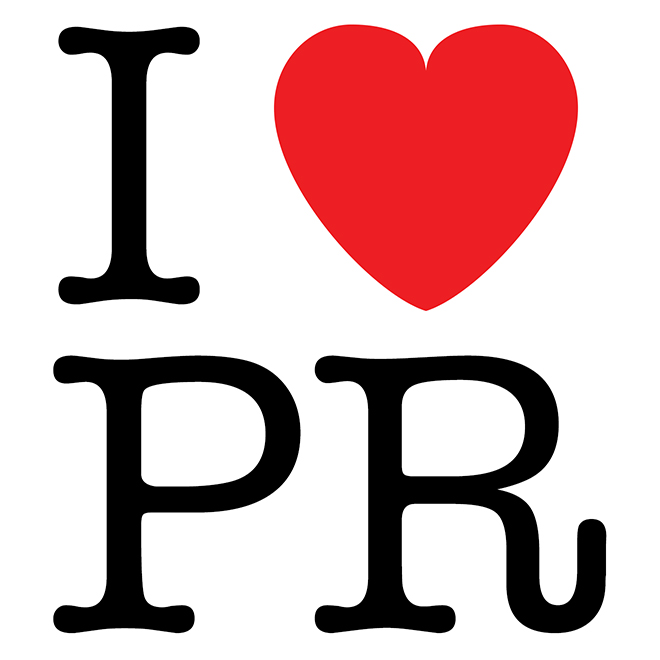The rocketing roles, responsibilities and reliabilities of the PR rookie
The Scene: Media Studies Today
In tune with industry changes: A conversation with Kathy Ullyott, Asst. Program Head, Media Studies
THE SET UP
“The public relations industry is going through a sea change right now. As an educational institution, we have an opportunity to be on the ground floor of this change.”
- Kathy Ullyott, Asst. Program Head, Media Studies
THE SCENE
What’s happening?
Public relations has mostly been about one-way information flow. How do I get people to do what I want? How do I get people to think a certain way? How do I get people to see me as a good guy?
But that’s now changing. We’re seeing pressure from within the PR industry itself to put a greater emphasis on values and on being responsible in contributing to the pool of public information.
What we’re talking about are philosophical and behavioural changes – not just in what do I do, but what’s my role - not just within the company, but within the greater body of public information.
Arguably how journalists might think of themselves.
Interestingly, yes. So we’re seeing these silos between professions dissolving and this kind of hybrid role increasingly taking over. Interesting, too, what this will mean as PR people have traditionally been viewed as sellouts, turncoats, liars, obfuscators… while journalists typically suffer a less harsh assessment.

What’s caused the change?
I don’t think it’s coincidental that this is happening during a time when traditional journalists are also going through an upheaval. Newspapers can’t afford to have 200 reporters on the ground anymore, so we’ve got fewer content providers.
To some extent, part of this new pressure on the PR profession may come from a stated or unstated awareness that PR professionals are contributing a greater percentage of the overall information to the pool. We’ve heard anecdotally and we’ve even seen a few studies that show major news organizations relying increasingly on PR handouts.
What this means is less of the public knowledge pool is generated by independent sources – and more of it is generated by people with vested interests – read here, public relations professionals.
But this shifting responsibility isn’t something that’s happening solely in Canada, or even in the United States – this is a global movement.
A few years ago, an international meeting of public relations experts was held in Barcelona, and a set of measurement standards called the Barcelona Principles came out of that. Then more recently, another gathering of international experts in Australia came out with the Melbourne Mandate.
We’re seeing the beginnings of making public relations people accountable. And we’re on the ground floor of this.
Meaning – we’re counting on today’s graduates to uphold these responsibilities and see this change through in the field?
It’s true that what’s actually changed in practice so far is probably not that much. But I expect to see this change starting to take shape in the next five to 10 years. Which is why this is precisely what we’re recognizing in our Media Studies program.
As educators, we have a responsibility to underscore this new direction and to create this new kind of professional. It may not be the easiest time for those looking to start their career in public relations. But it could be a great time.


